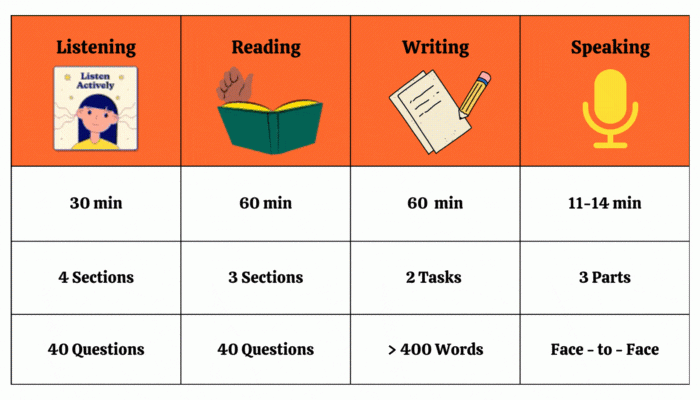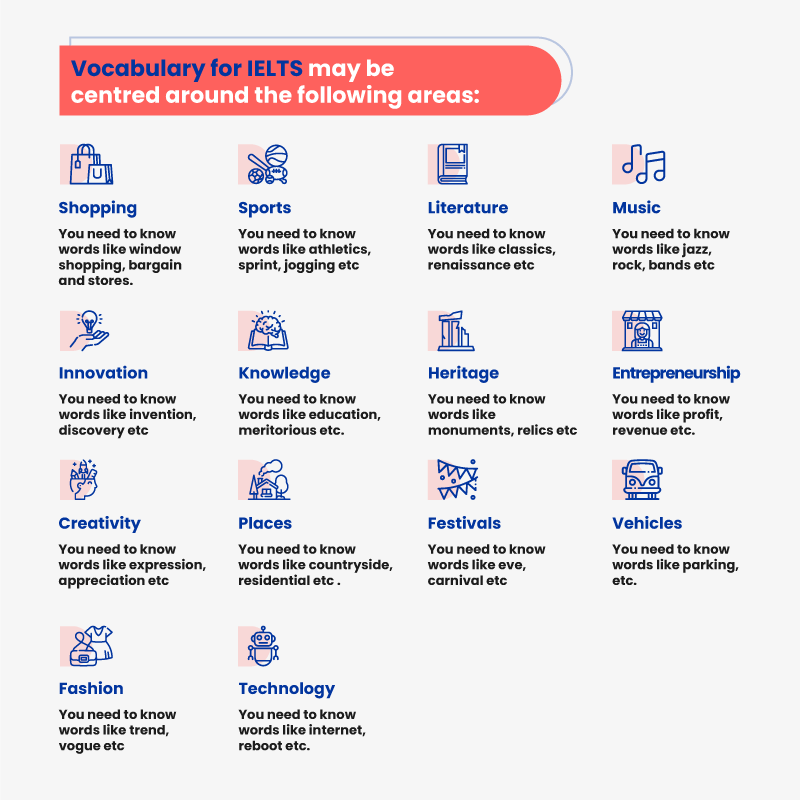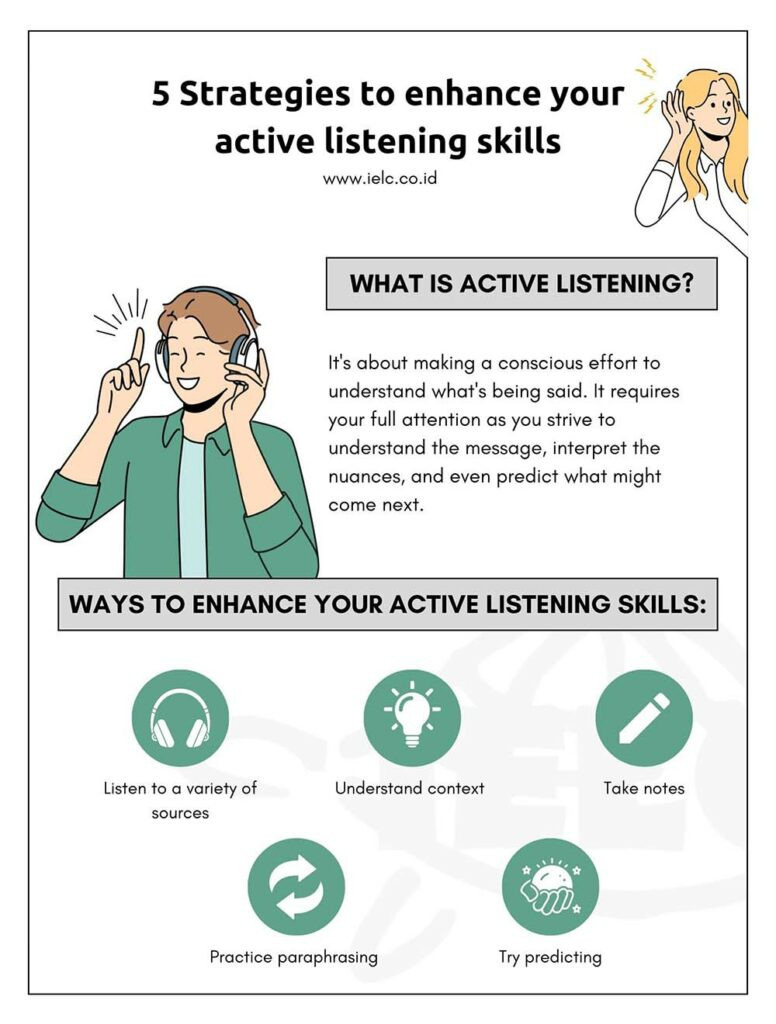Mastering the IELTS: Effective Strategies for Success

The International English Language Testing System (IELTS) stands as a pivotal gateway for individuals aspiring to study, work, or migrate to English-speaking countries. Achieving a desirable score in the IELTS requires more than just language proficiency; it demands meticulous preparation and strategic planning.
In this article, we delve into effective strategies to conquer the IELTS exam, ensuring candidates are fully equipped to excel in all four skills: Listening, Reading, Writing and Speaking.
1. Understand the test structure.
Before starting preparation, it is imperative to grasp the format and expectations of each section. Become familiar with the question types, time constraints, and grading criteria to develop a targeted study plan tailored to your strengths and weaknesses.

2. Develop comprehensive vocabulary
Improving your vocabulary is key to success in all aspects of the IELTS exam. Engage in regular reading of a wide range of materials such as newspapers, magazines and academic journals to build up a rich vocabulary. Keep a vocabulary diary to record new words and their meanings, and practice using them in sentences to strengthen your memory.

3. Improve listening skills.
Effective listening skills are key to success in the Listening section. Practice listening to a variety of accents and dialects through podcasts, audiobooks, and online resources. Focus on understanding main ideas, identifying key points, and capturing specific details during practice sessions. Use strategies such as predicting content, noting keywords, and using contextual clues to aid comprehension.

4. Reading comprehension strategies.
Developing good reading comprehension skills is essential to tackling the Reading section. Practice skimming and scanning techniques to quickly identify relevant information in a passage. Pay attention to the structure and organization of the text, identifying the main idea, supporting details, and the author's perspective. Also, practice time management to ensure you complete all questions within the allotted time frame.
5. Master the writing task.
The Writing section requires candidates to demonstrate coherence, cohesion and accuracy in written expression. Practice writing essays and reports on a variety of topics, within the word count and time limit. Focus on organising ideas logically, using appropriate vocabulary and grammar structures, and providing supporting evidence to support arguments.
6. Speak fluently and confidently.

Developing fluency and confidence when speaking English is important for the Speaking section. Engage in regular speaking practice with study partners, tutors or language exchange groups to build confidence and fluency. Record your own speech and analyze areas that need improvement, such as pronunciation, intonation, and grammatical accuracy. Become familiar with common topics and practice giving coherent answers within the allotted time.
7. Simulation testing and performance evaluation.
Regularly evaluate your progress and achievements through mock tests and practice tests. Simulate test conditions to recreate the test environment and identify weaknesses that require further improvement. Analyze your mistakes, learn from them, and adjust your learning strategy accordingly to maximize efficiency and effectiveness.
In short, success in the IELTS exam depends on strategic preparation, hard practice and consistent effort. By implementing the above strategies and techniques, candidates can improve their language proficiency and confidence, ultimately positioning themselves to succeed in achieving their desired IELTS score. Remember, mastering English is not merely a test of knowledge but a journey of continuous learning and improvement.

